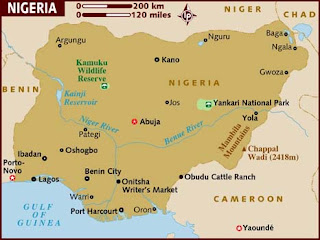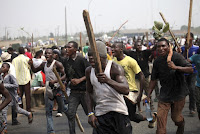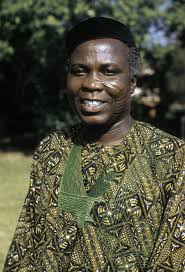NIGERIA MEMORIAL. part 5*

NIGERIAL MEMORIAL ... With days and months approaching January 15th, Major Chukwuemeka Kaduna Nzeogwu Explored beyond the Areas sorrounding the official Lodge of the Northern Region Premier: the Sardauna of Sokoto Ahmadu Bello, Collecting Vital informations by Observation and other detection methods, and duely Noted the premier's security formation and movements... This, Nzeogwu did, by often taking his men on a night-time training exercise known as “Exercise Damisa.”.. the Military Boys who took part in Exercise Damisa were at ease participating in these military exercise as they saw it as a routine military training but unknown to them it was a actually Major Military Training to stage a military coup to overthrow the Government. - COUP D'ETAT In the early hours of January 15th 1966, Nzeogwu turned “Exercise Damisa” into a full-blown military coup. NOTE: Nzeogwu, Not trusting soldiers from the 2nd Brigade in Kaduna whose commander; Brigadier Ademulegun, was



